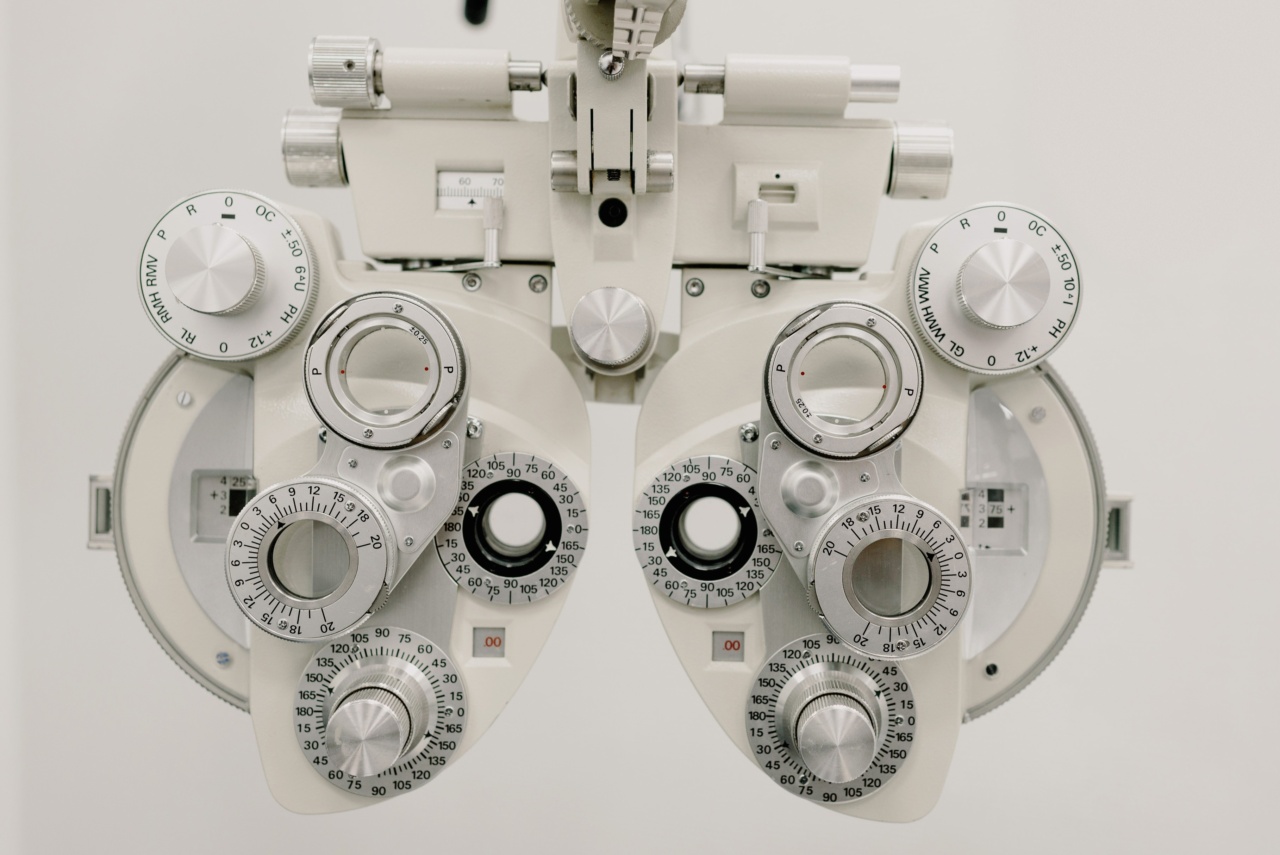Check Your Sleep Quality: A Quiz
Sleep is an essential part of our daily lives. It plays a vital role in maintaining our physical and mental well-being.
However, many people often overlook the importance of quality sleep and unknowingly suffer from various sleep disorders or poor sleep habits.
If you are concerned about your sleep quality or want to assess if you have any underlying sleep issues, take this sleep quality quiz.
This quiz will provide you with insights into your sleep patterns and help you identify potential areas for improvement.
Before we begin, here are a few instructions to ensure accurate results:.
The Sleep Quality Quiz
1. How many hours of sleep do you usually get per night?.
- a. Less than 5 hours
- b. 5-6 hours
- c. 6-7 hours
- d. 7-8 hours
- e. More than 8 hours
2. How long does it usually take you to fall asleep?.
- a. Less than 15 minutes
- b. 15-30 minutes
- c. 30-45 minutes
- d. 45-60 minutes
- e. More than 60 minutes
3. How frequently do you experience difficulty staying asleep (waking up during the night and struggling to fall back asleep)?.
- a. Almost every night
- b. 3-4 times a week
- c. 1-2 times a week
- d. Occasionally (once a month or less)
- e. Rarely or never
4. How refreshed do you usually feel upon waking up?.
- a. Completely refreshed and energized
- b. Mostly refreshed, but some grogginess
- c. Mildly refreshed, need caffeine to wake up
- d. Still tired and groggy after waking up
- e. Very tired, struggle to wake up
5. Do you snore loudly or have witnessed interruptions in breathing during sleep (gasping or choking sounds)?.
- a. Yes, frequently
- b. Yes, occasionally
- c. Only when sick or congested
- d. Rarely or never
6. How often do you consume caffeine or stimulant beverages within 4-6 hours before bedtime?.
- a. Every night
- b. Most nights
- c. Occasionally (once or twice a week)
- d. Rarely or never
7. How frequently do you exercise or engage in physical activity?.
- a. Every day
- b. 3-4 times a week
- c. 1-2 times a week
- d. Occasionally (once a month or less)
- e. Rarely or never
8. How often do you find yourself feeling anxious or stressed before bedtime?.
- a. Almost every night
- b. 3-4 times a week
- c. 1-2 times a week
- d. Occasionally (once a month or less)
- e. Rarely or never
9. Are you comfortable with your sleep environment and bedding?.
- a. Yes, completely comfortable
- b. Mostly comfortable, but minor issues
- c. Moderately comfortable, considering changes
- d. Uncomfortable, looking to improve
- e. Highly uncomfortable, affecting sleep quality
10. Do you maintain a consistent sleep schedule, going to bed and waking up around the same time every day?.
- a. Yes, always
- b. Most of the time
- c. Occasionally (weekends may vary)
- d. Rarely or never
Quiz Results
Now, let’s calculate your sleep quality score based on your answers:.
- a. = 0 points
- b. = 1 point
- c. = 2 points
- d. = 3 points
- e. = 4 points
Add up your points from each question to get your total score.
10-15 points: Excellent Sleep Quality.
16-20 points: Good Sleep Quality.
21-25 points: Fair Sleep Quality.
26-30 points: Poor Sleep Quality.
31-40 points: Highly Disrupted Sleep Quality.
Use this score as a preliminary assessment, and remember that a healthcare professional can provide a more accurate evaluation based on your specific circumstances.
Improve Your Sleep Quality
If your score indicates potential areas for improvement in your sleep quality, here are some general tips to enhance your sleep habits:.
- Establish a consistent sleep schedule by going to bed and waking up at the same time each day.
- Create a relaxing bedtime routine to signal your body that it’s time to sleep. This can include activities such as reading, taking a warm bath, or practicing relaxation techniques.
- Create a sleep-friendly environment by keeping your bedroom cool, dark, and quiet. Consider using earplugs, eye masks, or white noise machines if necessary.
- Avoid consuming caffeine and stimulant beverages close to bedtime, as they can interfere with falling asleep or cause disrupted sleep.
- Avoid excessive alcohol intake, especially close to bedtime, as it can disrupt sleep patterns and lead to poor sleep quality.
- Engage in regular physical activity, but avoid intense exercise close to bedtime as it can make it harder to fall asleep.
- Manage stress levels through relaxation techniques, meditation, or seeking support from a therapist or counselor.
- Avoid heavy meals, spicy foods, and large amounts of liquids close to bedtime, as they can cause discomfort and disruptions during sleep.
- Ensure your sleep environment is comfortable and supportive. Invest in a good quality mattress and pillows that suit your preferences.
Remember, these tips are general suggestions, and it’s important to consult a healthcare professional if you continue to struggle with sleep issues or suspect an underlying sleep disorder.
Conclusion
Sleep quality plays a crucial role in our overall well-being. By being aware of our sleep patterns and addressing any potential issues, we can improve our sleep habits and enjoy the many benefits of restful nights.
Take this sleep quality quiz periodically to reassess your sleep habits and track your progress. And remember, a good night’s sleep is within your reach!.































